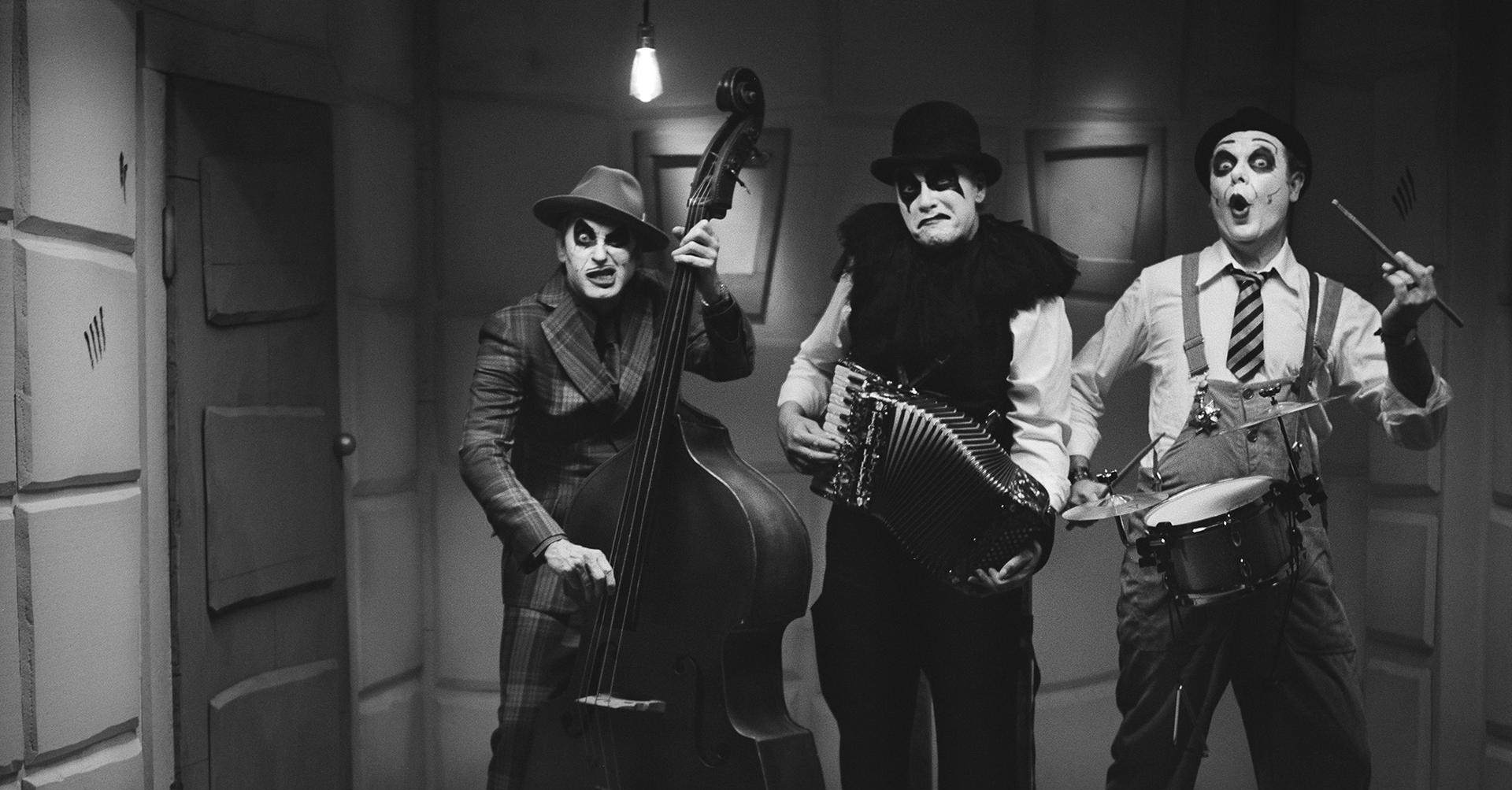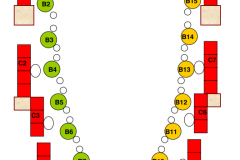Tiger Lillies
December 2024 | ||||||
|---|---|---|---|---|---|---|
Mo | Tu | We | Th | Fr | Sa | Su |
Tiger Lillies 'Lessons in Nihilism' (GB)
The post-punk pioneers the Tiger Lillies present a new album on a theme which has always run through their work - the meaninglessness and absurdity of existence. Brimming with wit, wisdom and humanity they argue that all our achievements will come to nothing - like throwing stones into a pond, the effects of our actions will only ripple away into nothingness.
Martyn Jacques says: "One of the big words used to describe us has always been nihilists. I checked Google to see if anyone has given lessons in nihilism. It appears nobody has. It is considered a philosophy though actual definitions seem to vary as to what it actually is. Some people seem to think it’s bad, for others it’s fine. Anyway it seemed like as good a title as any to write a new collection of songs on. And when it’s your 50th album you do need to find some kind of excuse to write another one."
Program and cast
Adrian Stout: bass, musical saw, theremin, vocals
Martyn Jacques: vocals, accordion
Christoph Butenop: drums, percussion
PORGY and BESS Jazzclub
Porgy & Bess (actually, Jazz and Music Club Porgy & Bess ) is a jazz club in the Riemergasse 11 in the 1st district of Vienna. The club , founded in 1993 is considered " the most important jazz organizer and trendy meeting point " of the Austrian capital .
The program of Porgy & Bess speaks to a very large audience , about 70,000 guests a year ; is accordingly Jazz " understood very pluralistic ," and the program " even in fringe areas , such as electronic music , contemporary music and world music penetrated . " Many international artists , particularly from the U.S. space , see also Austrian musician here an opportunity to perform . The club also offers the stage for events, such as the award of the Austrian World Music Award.
Musicologist Christian Scheib According to the Porgy & Bess " at the same time essential for the development of the musical ( jazz ) reality of a City" and needs and uses ' plain commonplace as urban space music. " It creates itself " through artistic preferences, acoustic quality , capacity and real capacity, the necessary exclusion of other clubs. " Here, the different areas of the jazz clubs allow - the area in front of the stage with tables, upstairs gallery , a lateral area with a bar at counter - different intense concentration on the concert scene . For Jazzthetik Porgy & Bess is even a " traditional club . "

 EN
EN DE
DE IT
IT FR
FR ES
ES RU
RU JP
JP RO
RO
 Seating plan
Seating plan 